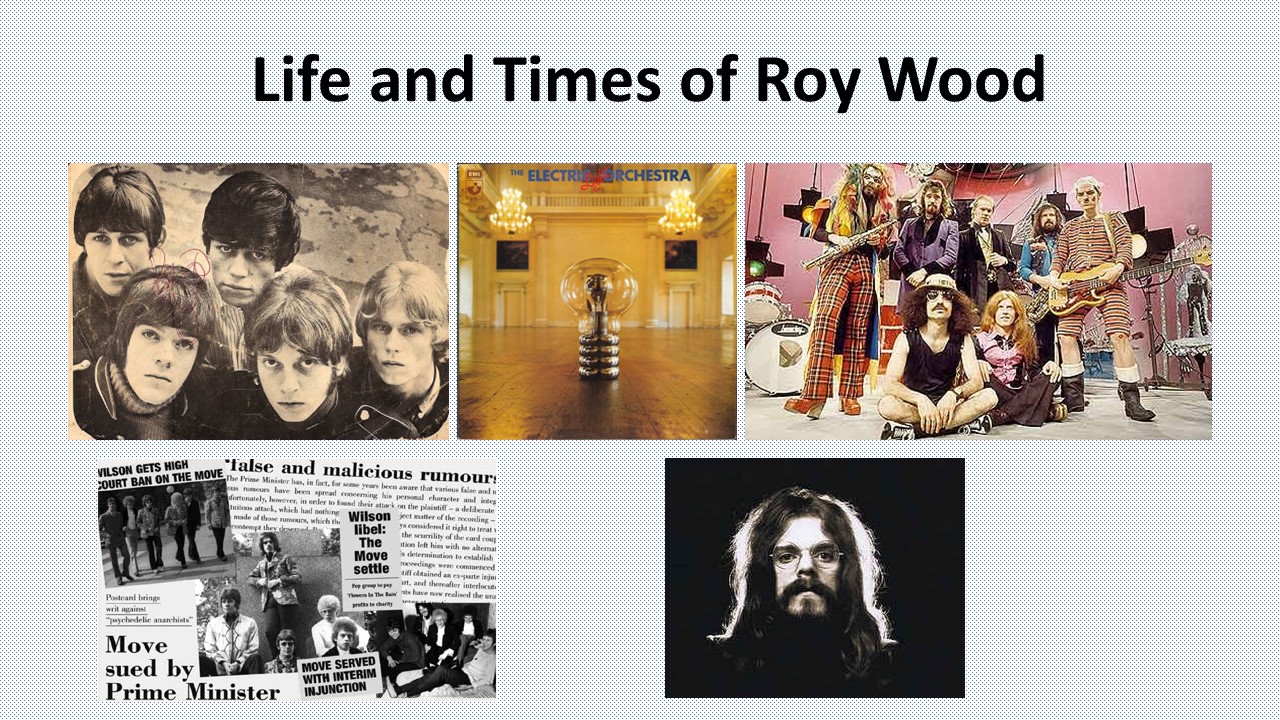David Bowie Extracts
These are just a small selection of David Bowie stories, taken from Derek Shelmerdine’s book Rock’n’Roll Unravelled – David Bowie extracts.
DAVID BOWIE EXTRACTS
The following items are taken from the pages of Rock’n’Roll Unravelled and build up to tell the story of David Bowie. There are only a few Bowie items here, to give a flavour of his story; the book has a far more comprehensive coverage.
(An * with a date indicates an associated story in Rock’n’Roll Unravelled, that story might not appear here.)
David Bowie Extracts
The 1960s – before he was famous
- 30 August 1963: First recording session – The Konrads
- 5 June 1964: First single – The King Bees
- 8 March 1965: UK TV debut – The Manish Boys
- 16 September 1965: Official name-change to David Bowie
- 19 November 1965: Now with the Lower Third
- 11 July 1969: released Space Oddity
30 August 1963: First recording session – The Konrads
As a member of his first professional group the Konrads, David Bowie made his first-ever recording at Decca’s studios in London’s West Hampstead. Performing as “David Jones”, he provided vocals and saxophone for the only song recorded that day, I Never Dreamed. Bowie parted company with the Konrads shortly after this recording session.
5 June 1964: First single – The King Bees
Davie Jones and the King Bees released Liza Jane c/w Louie Louie Go Home in the UK.
This was Bowie’s first-ever single. The A-side was based on Li’l Liza Jane, written by Countess Ada DeLachau and used in the 1916 comedy Come Out of the Kitchen. His debut B-side was a cover of Paul Revere and the Raiders’ 1964 single, Louie Go Home.
8 March 1965: UK TV debut – The Manish Boys
Singer David Bowie made his British TV debut with the Manish Boys on BBC2’s Gadzooks! It’s All Happening.
Urban myth has it that the BBC told the band that they would not be allowed to go on unless they had a haircut! Auntie Beeb obviously relented and the Boys performed what turned out to be their only single, a cover of Bobby “Blue” Bland’s I Pity the Fool.
16 September 1965: Official name-change to David Bowie
David Bowie announced to the press that he was changing his stage name from “Davie Jones” to “David Bowie”, in order to avoid confusion with his namesake in the American group the Monkees. His new moniker was taken from the Bowie knife, created by American frontiersman and Alamo hero, Jim Bowie.
David Jones became Davie Jones and finally David Bowie. He recorded with a number of groups before finding international success as a solo artist. In 1962 he provided vocals and saxophone for his first professional group the Konrads. Other lineups to include Bowie, still performing as “David” or “Davie Jones”, were the King Bees and the Manish Boys. As “Davie Jones and the King Bees” he released his first-ever single, Liza Jane c/w Louie Louie Go Home.
In the spring of 1965 he joined the Lower Third. Initially they performed as “Davie Jones with The Lower Third” but on 16 September he changed his name to “David Bowie” and they became “David Bowie and the Lower Third”.
His first release as “David Bowie”, Can’t Help Thinking About Me c/w And I Say to Myself, was in January 1966 as “David Bowie with The Lower Third”. Bowie’s first solo release followed in April 1966 with Do Anything You Say c/w Good Morning Girl. Amazingly he was still three years away from commercial success. In February 1966 he formed his own group, David Bowie and the Buzz. This was followed in the spring of 1967 by a short spell as frontman for the Riot Squad, which had boasted Mitch Mitchell, Graham Bonney and Jon Lord in previous lineups. In 1968 and 1969 he branched out into mixed media performances of music and mime with Turquoise, who morphed into Feathers.
In the summer of 1969 he finally hit the British charts with Space Oddity.
19 November 1965: Now with the Lower Third
Having recently changed his name from “David Jones” to “David Bowie”, he appeared at London’s Marquee club, as “David Bowie with The Lower Third”.
Two months earlier, on 16 September*, Bowie announced that he had changed his name from “Davie Jones”. He had already made his first recording with the Konrads, performed with the Manish Boys and the King Bees but he was still four years away from his first real taste of success, with Space Oddity in 1969.
11 July 1969: released Space Oddity
Six years after his first recording session as a member of the Konrads, David Bowie finally made his breakthrough in the UK with Space Oddity.
Keyboardist Rick Wakeman was one of the session musicians that day.
This may have been David Bowie’s breakthrough single but it would be another three years before Bowie found sustained fame with the first of his alter egos, Ziggy Stardust. Without the springboard of UK glam rock in the early 1970s, its interesting to speculate as to whether Bowie might have remained a musician’s musician and a one-hit wonder…
For MORE extracts from Rock’n’Roll Unravelled
To BUY Rock’n’Roll Unravelled


